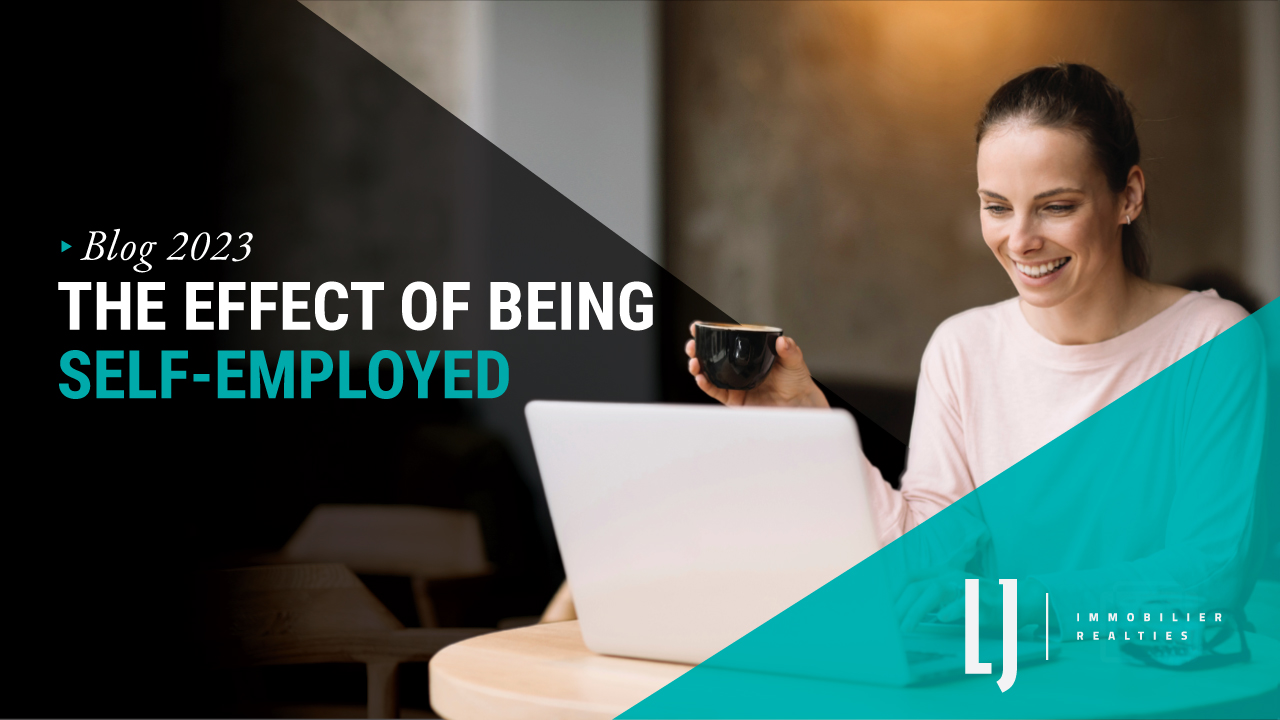
What happens when you decide to pursue entrepreneurship? Life changes in so many ways when you become your own boss – here’s our take on what you can expect.
Being self-employed has tons of benefits, from tax write-offs to having more control over your schedule. However, what you also have to consider is that banks are going to look at you very differently.
The first thing is: if you are self-employed, a bank is going to want to see at least two notices of assessment to understand the average of the income that you’re making over that period.
What this means is, if you just started a company or if you just became self-employed, you’re realistically not going to qualify for a loan that year. So, you have to do at least two years worth of legwork.
Secondly, it’s quite common for people who are self-employed to utilize as many write-offs as possible in order to reduce their taxable income. However, the more write-offs you use, the less income you will have to show the bank when you apply for a loan.
The bank looks at what amount is left and uses that figure to determine what can you pay with that amount. That’s why its’ super important to be very cautious when using write-offs, and when trying to balance your books.
Beyond that, if we’re looking at this from a BRRRR perspective or from an investment perspective, we always recommend keeping your regular job until the property purchase is complete.
After that, consider changing jobs or officially becoming self-employed. It’s always easier to get a loan from a bank when you are currently an employee of a larger corporation, since they see it as a safer deal. You’re more likely to get a lower rate, a better term, amortization, etc.
Taking the leap into self-employment is a huge moment, and it comes with tons of amazing benefits. But if you want to do it right, make sure you’re setting yourself up to get an advantageous loan.
Want to talk more about venturing into real estate? We know a thing or two about that! Reach out to our team, we’re always happy to chat.





